This piece is part of the Taiwan-U.S. Quarterly Analysis series, which features the original writings of experts with the goal of providing a range of perspectives on developments relating to Taiwan.
The Russia-Ukraine conflict, now in its third year, continues to be a focal point of attention for the people of Taiwan. This is because, at the time of the Russian invasion, many were concerned that the Taiwan Strait was another geopolitical hot spot where war might erupt. In the years since, how Ukraine defended itself and the strategies adopted by various countries in response to the war have significantly influenced Taiwanese public perceptions regarding foreign policy and national defense. The Russia-Ukraine war is the first modern war of the social media era. A vast number of videos and images were shared on social media platforms by both sides, allowing the Taiwanese public to witness the realities of modern warfare firsthand, despite being 5,000 miles away. Within a month of the conflict’s outbreak in February-March 2022, the number of Google searches from within Taiwan related to the Russia-Ukraine war surpassed those for COVID-19 vaccines and rapid tests (which were in limited supply at the time). Viewership rose for television commentary programs in Taiwan discussing the war, as evidenced by the click rates on segmented videos uploaded to YouTube. There’s been no war in the Taiwan Strait since the late 1950s, so what Taiwanese saw of the Russia-Ukraine war significantly influenced their perceptions of potential future cross-Strait conflict.
A poll conducted by Taiwan’s military think tank, the Institute for National Defense and Security Research (INDSR), captured this impact. INDSR conducted two representative telephone surveys in September 2021 and March 2022, the latter coming just one week after the Russian invasion. In both surveys, Taiwanese people were asked how likely they are to be willing to fight against an invasion by China on a one-to-five scale. After observing the invasion, more respondents gravitated to extreme options—very likely to fight and very unlikely to fight—compared with six months earlier. In other words, Taiwanese people were polarized by what they learned from the war.
Meanwhile, as the world watched Ukraine fight back against Russia, the Taiwanese public began to recognize the importance of civil defense and military training. Recent Taiwan National Security Survey (TNSS) polls have found an increased willingness to participate in emergency response and disaster relief training or to join civil defense organizations. Furthermore, the more individuals perceive their military training as useful, the stronger their support for self-defense becomes. This behavioral shift is largely attributed to witnessing how civilians assisted military efforts in Ukraine.
Subsequently, with public support, the Taiwanese government extended compulsory military service training from four months to one year. Taiwan’s defense budget also increased by 18% between 2022 and 2024. In early 2025, the Taiwanese government began to establish drone units within the army, drawing on experiences from the battlefield in Ukraine. New recruits will start receiving training in drones, anti-tank rockets, and shoulder-fired Stinger missiles as well.
Perhaps relatedly, surveys from INDSR indicated that, given the absence of direct U.S. troop involvement in Ukraine, fewer Taiwanese thought that the United States would deploy its own military to defend Taiwan—although this perception has gradually returned to prewar levels. Furthermore, a separate TNSS survey designed by Duke University revealed that a considerable number of Taiwanese citizens believe that the United States is more likely to supply Taiwan with weapons rather than troops.
U.S. strategies during the Ukraine war further influenced public attitudes about a potential cross-Strait conflict in the future. My team’s research in 2022 indicated that the more Taiwanese citizens believe the United States will assist Taiwan, the higher their willingness to engage in self-defense becomes. Additionally, a 2024 study by Ronan Tse-min Fu and colleagues found that when Taiwanese individuals perceive that Taiwan and U.S. interests align, they are more likely to trust that the United States will provide assistance, thereby strengthening their resolve for self-defense.
A long-term academic poll conducted by Taiwan’s National Chengchi University shows that for the past 30 years, the vast majority of the Taiwanese public has preferred to maintain the status quo in relations with China, rather than immediately pursuing independence or unification. After 2022, however, those who want to “maintain the status quo and decide at a later date” were surpassed by those who hope to “maintain the status quo indefinitely,” becoming the largest group—a new socio-political phenomenon. This indicates that the Taiwanese public is aware of today’s geopolitical uncertainties. At the same time, it also implies that they could be motivated to learn how to forestall military conflict to uphold the status quo.
Russia’s invasion of Ukraine may not be directly comparable to any actions China might take against Taiwan, but over the past three years, the Taiwanese public has indeed viewed Ukraine as an important reference point. According to Google Trends data, over the past four weeks (Feb. 10 to March 10), the level of interest among Taiwanese citizens in Ukraine was respectively two times higher than their interest in Taiwan’s President Lai Ching-te. This indicates that Taiwanese people are highly concerned about Ukraine’s ongoing situation and its interactions with other countries.
Three years ago, the Taiwanese public adjusted their views on war and other nations by closely observing the Russia-Ukraine conflict. A similar psychological mechanism may emerge again. Taiwanese people projected other nations’ Ukraine war strategies onto a potential conflict in the Taiwan Strait. At the same time, public attitudes toward war seem highly malleable: Signals of cooperation with allies could further enhance their determination for self-defense, ultimately influencing policy outcomes on national defense.
The Brookings Institution is committed to quality, independence, and impact.
We are supported by a diverse array of funders. In line with our values and policies, each Brookings publication represents the sole views of its author(s).
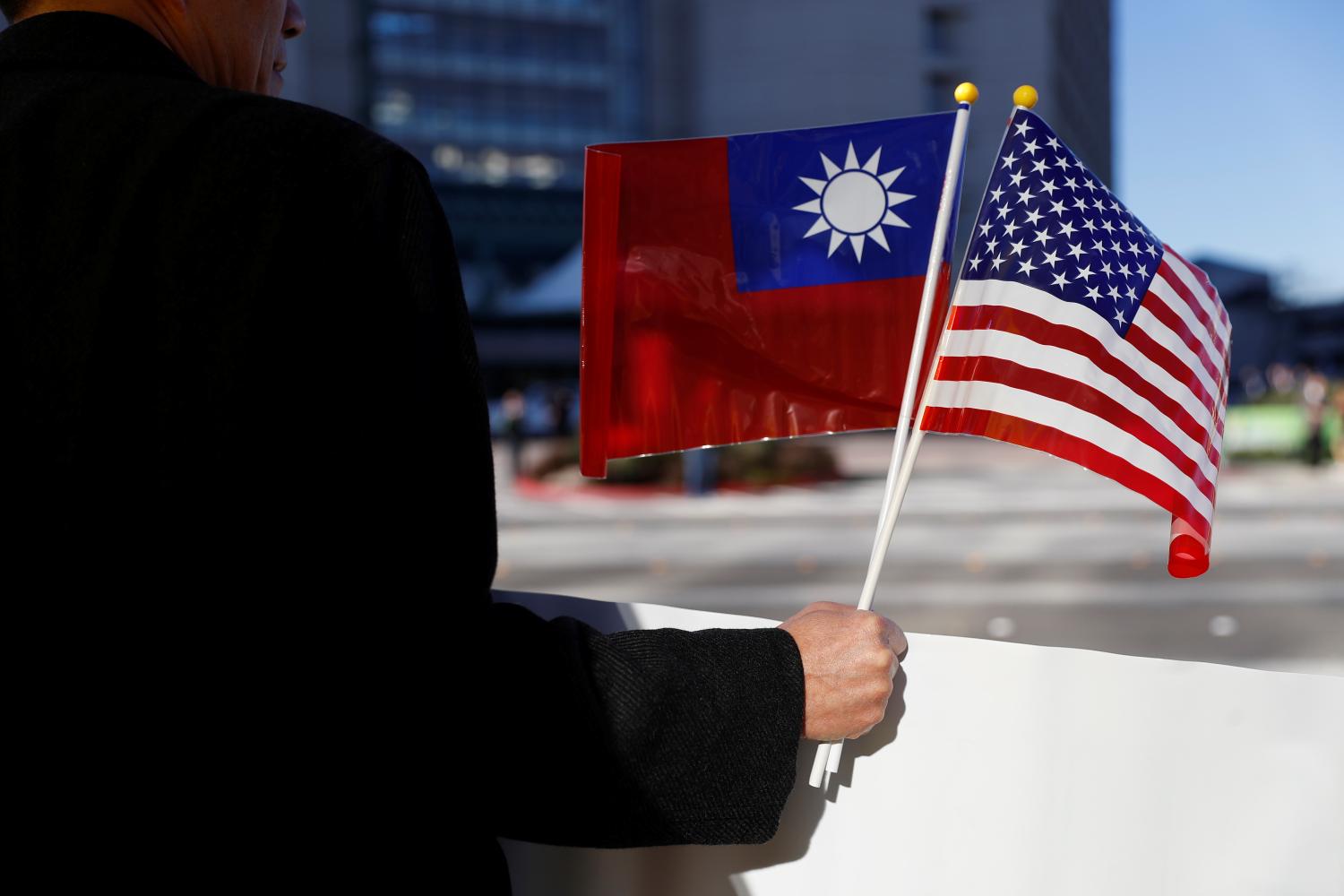
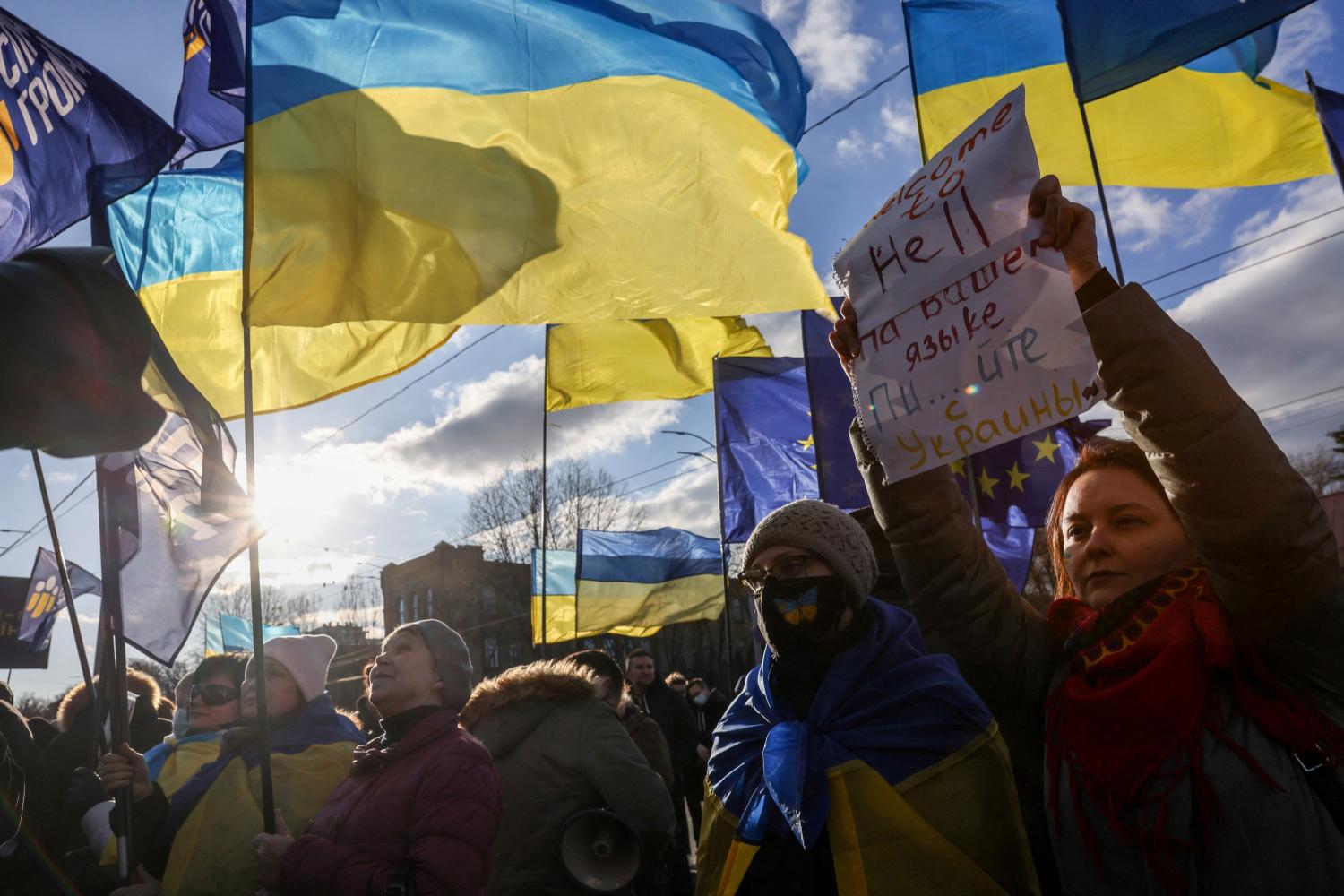

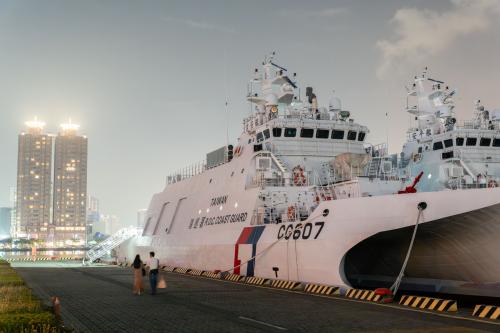



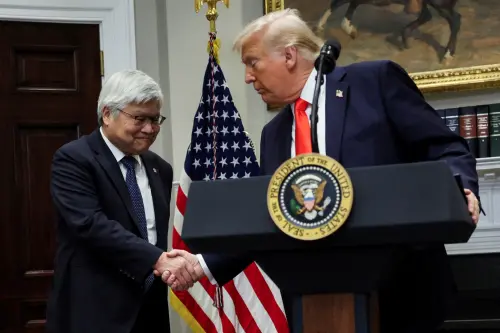
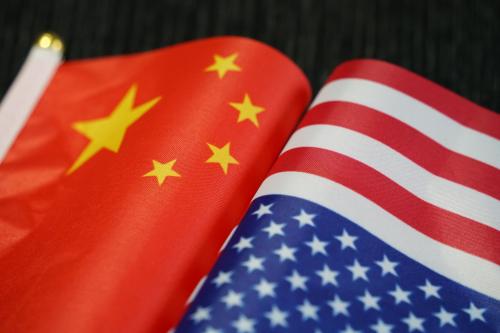
Commentary
The war in Ukraine is influencing how Taiwanese think about conflict
March 13, 2025